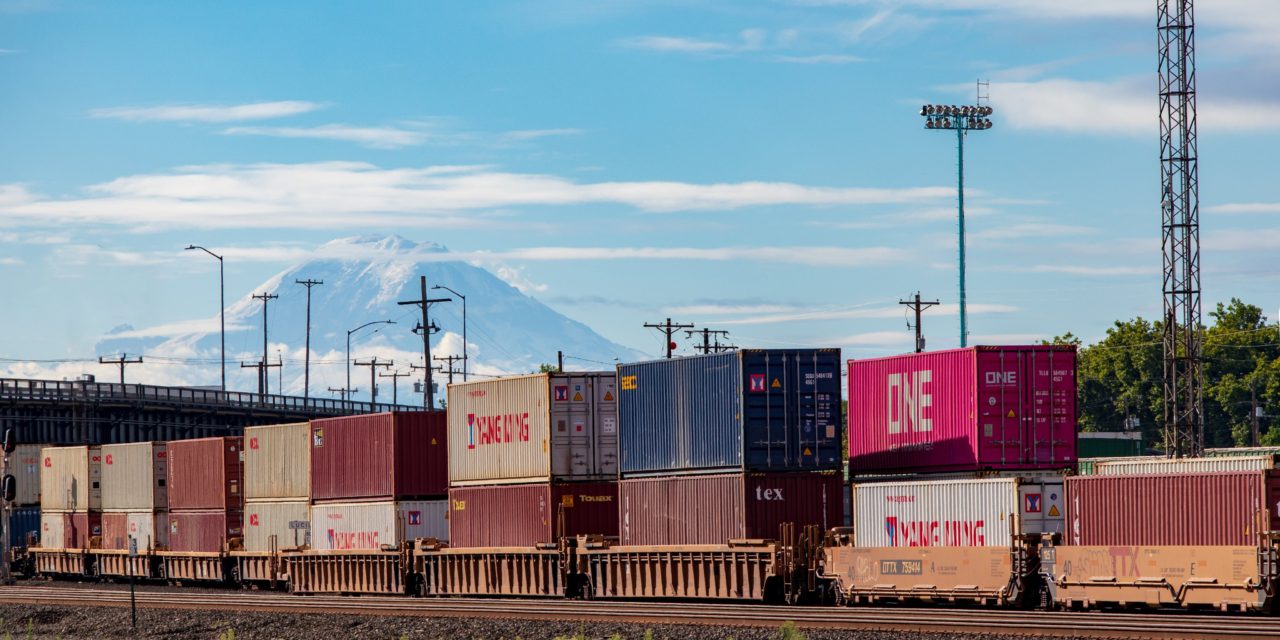The Northwest Seaport Alliance’s import volumes rebounded in October, jumping 4.7% compared to same month last year. Shipper demand during peak season remained very strong and is forecasted to remain so at least through the end of the year. The surge was driven by retailers bringing in goods for the holiday season and continuing to replenish inventory levels.
While full import demand increased, loaded export volumes in October were impacted as carriers expedited return of empty equipment back to Asia, causing challenges for U.S. exporters.
The NWSA handled 296,892 twenty-foot equivalent units (TEUs) in October, a 4.2% decline compared to last year.
Total container volume for the year was down 15.6% compared to 2019. The NWSA handled 2,716,633 TEUs year to date. Loaded imports declined 13.2%, while full exports decreased 14.4%.
Earlier this month, Ray-Mont Logistics opened its first-ever U.S. transload terminal in the Seattle Harbor. Based in Montreal, the full-service freight forwarding and logistics company specializes in handling agricultural bulk products. The terminal is strategically located for transload from rail cars to containers for export to foreign markets. Ray-Mont Logistics is expected increase high-demand agricultural transload capacity, helping grow container export volumes in the gateway.
For the domestic trade, our total year-to-date volumes are down 6.2%. Alaska volumes declined 7.6%. Hawaii volumes were up 1.5%.
Other cargo stats:
- Breakbulk cargo volumes are up 9.9% year over year to 234,387 metric tons.
- Auto volumes year to date were 121,697 units, down 21.6% year over year.
View the October 2020 cargo reports:

